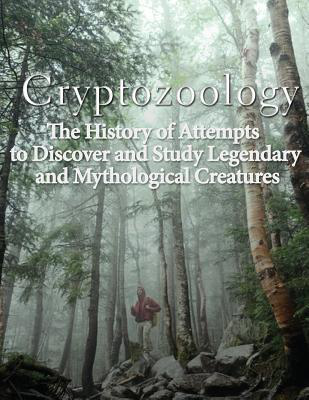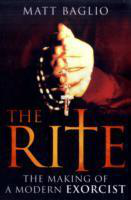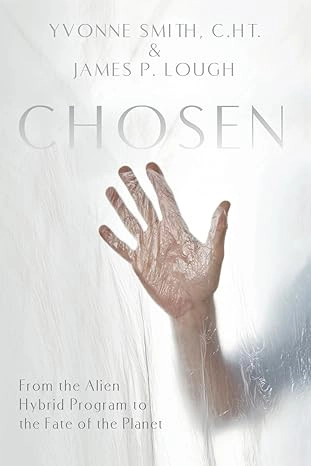Vatican Introduces Stricter Guidelines For Supernatural Phenomena
General News
Friday 17th, May 2024
2 minute read.
The Vatican has announced new guidelines urging a more cautious approach to assessing reports of supernatural phenomena. The guidelines, compiled by the Dicastery for the Doctrine of the Faith, were unveiled at a media briefing on Friday 17th May 2024 and replace the previous rulings set out in 1978.
The new document lays out stricter rules to evaluate the authenticity of claims such as weeping statues, miraculous healings, and divine apparitions. It highlights the need for thorough investigations to ensure these claims are not fraudulent or driven by financial motives.
The guidelines advise bishops to issue a "nihil obstat", meaning no obstacle in cases where incidents are not formally recognised as supernatural but where worship is not barred. This cautious stance aims to prevent "damage to the unity of the Church" and avoid "serious errors that could cause scandals and undermine the credibility of the Church".
The Vatican's move comes amid a surge in reports of supernatural phenomena, fueled by the rapid spread of information and misinformation on social media platforms. The document emphasis's that careful assessment is essential to distinguish genuine occurrences from those that are fabricated.
Under the new rules, bishops are required to seek Vatican approval before making any public conclusions about supernatural events. In exceptional cases, the Pope may intervene directly. Bishops have five possible decisions at their disposal, including rejecting an event as supernatural or banning the worship of certain phenomena altogether.
Historical apparitions, such as those in Lourdes, France, and Fatima, Portugal, which have been officially recognised by the Church, continue to draw millions of pilgrims. However, other reports have been discredited over time. In one notable case from 2016, an Italian woman's claims of regular apparitions of Jesus and Mary were debunked by the local bishop after eight years of investigation.
The guidelines also address the issue of pilgrimage sites linked to unverified phenomena, stating that the lack of Vatican authentication does not necessarily pose problems for the Church. Nevertheless, the Vatican aims to regulate claims of the supernatural more effectively with these new rules.
The new document lays out stricter rules to evaluate the authenticity of claims such as weeping statues, miraculous healings, and divine apparitions. It highlights the need for thorough investigations to ensure these claims are not fraudulent or driven by financial motives.
The guidelines advise bishops to issue a "nihil obstat", meaning no obstacle in cases where incidents are not formally recognised as supernatural but where worship is not barred. This cautious stance aims to prevent "damage to the unity of the Church" and avoid "serious errors that could cause scandals and undermine the credibility of the Church".
The Vatican's move comes amid a surge in reports of supernatural phenomena, fueled by the rapid spread of information and misinformation on social media platforms. The document emphasis's that careful assessment is essential to distinguish genuine occurrences from those that are fabricated.
Under the new rules, bishops are required to seek Vatican approval before making any public conclusions about supernatural events. In exceptional cases, the Pope may intervene directly. Bishops have five possible decisions at their disposal, including rejecting an event as supernatural or banning the worship of certain phenomena altogether.
Historical apparitions, such as those in Lourdes, France, and Fatima, Portugal, which have been officially recognised by the Church, continue to draw millions of pilgrims. However, other reports have been discredited over time. In one notable case from 2016, an Italian woman's claims of regular apparitions of Jesus and Mary were debunked by the local bishop after eight years of investigation.
The guidelines also address the issue of pilgrimage sites linked to unverified phenomena, stating that the lack of Vatican authentication does not necessarily pose problems for the Church. Nevertheless, the Vatican aims to regulate claims of the supernatural more effectively with these new rules.



